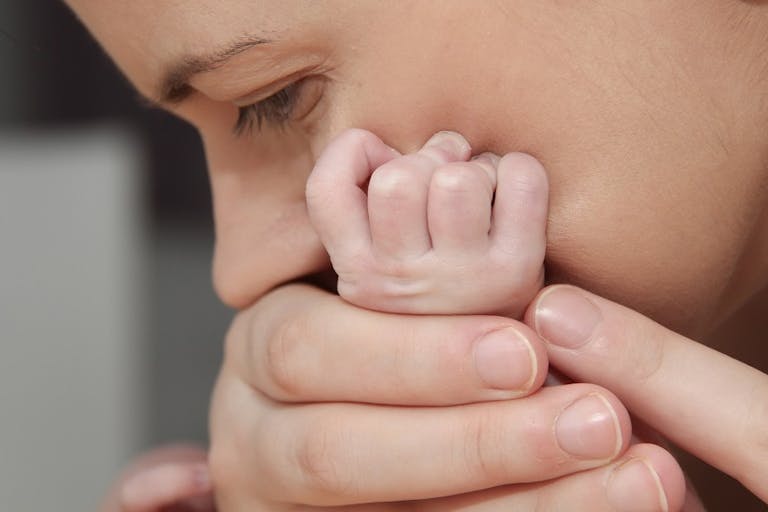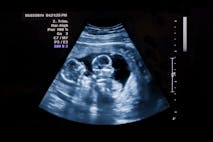
New Archbishop of Canterbury warns of danger in legalizing assisted suicide
Nancy Flanders
·
Woman with severe disability safely delivers baby at 28 weeks
A new report showed how a woman with severe disabilities leading to breathing problems, was able to safely carry and deliver a baby at 28 weeks.
Researchers wrote in the American Journal of Perinatology about the case, involving a woman with Type II spinal muscular atrophy (SMA). SMA is a genetic disorder affecting the muscle neurons; the muscles do not respond to the nerves properly, and therefore, shrink (or atrophy) with time. As SMA progresses, it can affect breathing and swallowing.
There are four different types of SMA, classified by the age at which it develops. Type II develops between six and 18 months, and typically, people with Type II SMA are usually able to sit on their own, but cannot walk. Despite this disability, most children who develop Type II SMA still have a normal life span… though respiratory challenges can be an issue.
That was seemingly the case with the woman in the research paper, who had severe breathing problems throughout the pregnancy. By 28 weeks, they advanced to the point that she needed to undergo a c-section, but both she and baby survived and are doing well, thanks to the work of a multidisciplinary team.
The paper noted that, due to her complex medical history, doctors encouraged the woman to have an abortion, but she refused.

Ultimately, the researchers said women with SMA are able to carry a pregnancy successfully, as long as they have ongoing medical care to help:
Pregnant women with SMA may face multiple intrapartum complications with respiratory compromise being one of the leading causes of maternal and neonatal morbidity. In a patient with severe preexisting restrictive disease, it is important to weigh these risks carefully.
This case demonstrates the importance of NIPPV [nasal intermittent positive pressure ventilation] in the management of severe restrictive disease to meet the higher demands of pregnancy. Other important clinical considerations such as anesthetic approach, delivery timing, and mode of delivery can equate to large difference in maternal morbidity and mortality. The management of an SMA-affected pregnancy requires the expertise of a multidisciplinary team which is involved earlier in the pregnancy.
Other resources note that studies have found that women with SMA have similar pregnancy complication rates as able-bodied women, though SMA symptoms may worsen. C-sections and premature deliveries are also more common, but altogether, it’s another sign that disability does not mean a woman cannot be a mother — and that abortion isn’t necessary.
Live Action News is pro-life news and commentary from a pro-life perspective.
Contact editor@liveaction.org for questions, corrections, or if you are seeking permission to reprint any Live Action News content.
Guest Articles: To submit a guest article to Live Action News, email editor@liveaction.org with an attached Word document of 800-1000 words. Please also attach any photos relevant to your submission if applicable. If your submission is accepted for publication, you will be notified within three weeks. Guest articles are not compensated (see our Open License Agreement). Thank you for your interest in Live Action News!

Nancy Flanders
·
Analysis
Cassy Cooke
·
Analysis
Nancy Flanders
·
Newsbreak
Angeline Tan
·
Human Interest
Nancy Flanders
·
Issues
Nancy Flanders
·
Analysis
Cassy Cooke
·
Activism
Cassy Cooke
·
Pop Culture
Cassy Cooke
·
International
Cassy Cooke
·
Analysis
Cassy Cooke
·